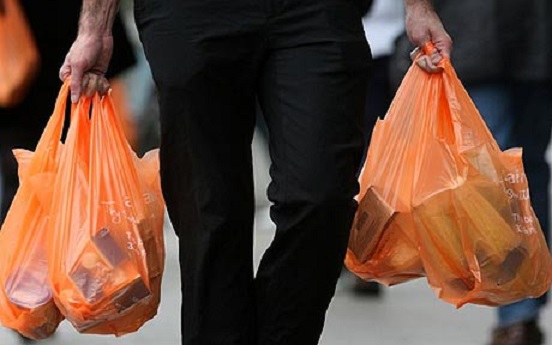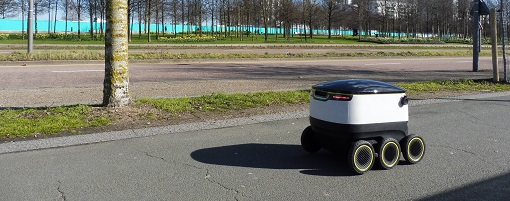The amount of packaging on supermarket shelves dropped by 10 per cent between 2018 and 2020, according to the latest figures from WRAP.
The British NGO leads UK Plastic Pact, an initiative which brings together businesses from across the plastics value chain, the government, and independent organisations to tackle plastic waste.
Since the scheme began in 2018, the reduction of plastic in UK supermarkets has led to a 335,000t drop in CO2, which WRAP said is equivalent to taking 150,000 cars off the road.
The organisation added that innovations in recycling plastic bags and wrapping through increased front of store collections are starting to deliver an opportunity to scale up the collection and recycling of plastics.
WRAP highlighted a number of current actions from supermarkets and other retailers to reduce plastics, including Morrisons, which has announced the removal of plastic bags from bananas. It said that once rolled out, this will reduce plastic by 180 tonnes, or 45 million bags every year.
Sainsbury’s has also removed plastic film from its ‘By Sainsbury’s’ broccoli saving 49 tonnes of plastic per year. It has also removed lids from own brand cream pots saving 106 tonnes of plastic annually.
According to WRAP, Asda, working in partnership with a number of partners, including Unilever, has added more than 50 new product lines to its refill trial and extended the trial to more stores including in York and Glasgow, with Milton Keynes to follow.
Tesco, Co-op, and Sainsbury’s now offer national collection points for flexible plastic collections.
Aldi, Asda, Lidl, Marks & Spencer, Morrisons, and Waitrose are all piloting similar collections, and the number of collection points are anticipated to reach more than 6,000 in January 2022.
"The results of real-life reuse and refill trials carried out under the Pact are extremely exciting for how we could shop packaging-free in the future," said Marcus Gover, WRAP chief executive. "We see a 50 per cent growth in plastics reprocessing in the UK, which is a massive improvement and Recycle Week marked a record high in terms of the numbers of people recycling – helping complete the cycle of plastics to keep them in the economy and out of the environment.
"But as COP26 made clear, we have a long way to go and little time to make big changes.”
Latest News
-
Amazon launches Pay by Bank for UK customers
-
Superdrug to open 30 new stores in 2026
-
German regulator bans Amazon price controls and orders €59m repayment
-
Betsson Group completes procurement digitalisation project
-
Tesco on track to open 70 express stores including at former Amazon Fresh sites
-
Wayfair introduces flexible payment options for Canadian and UK customers
Beyond Channels: Redefining retail with Unified Commerce
This Retail Systems fireside chat with Nikki Baird, Vice President, Strategy & Product at Aptos will explore how unified commerce strategies enable retailers to tear down these barriers and unlock new levels of operational agility and customer satisfaction.
The future of self-checkout: Building a system that works for consumers and retailers
In this webinar, industry leaders discussed what the future of self-checkout looks like and how retailers can make the technology work for everyone.
© 2024 Perspective Publishing Privacy & Cookies










Recent Stories